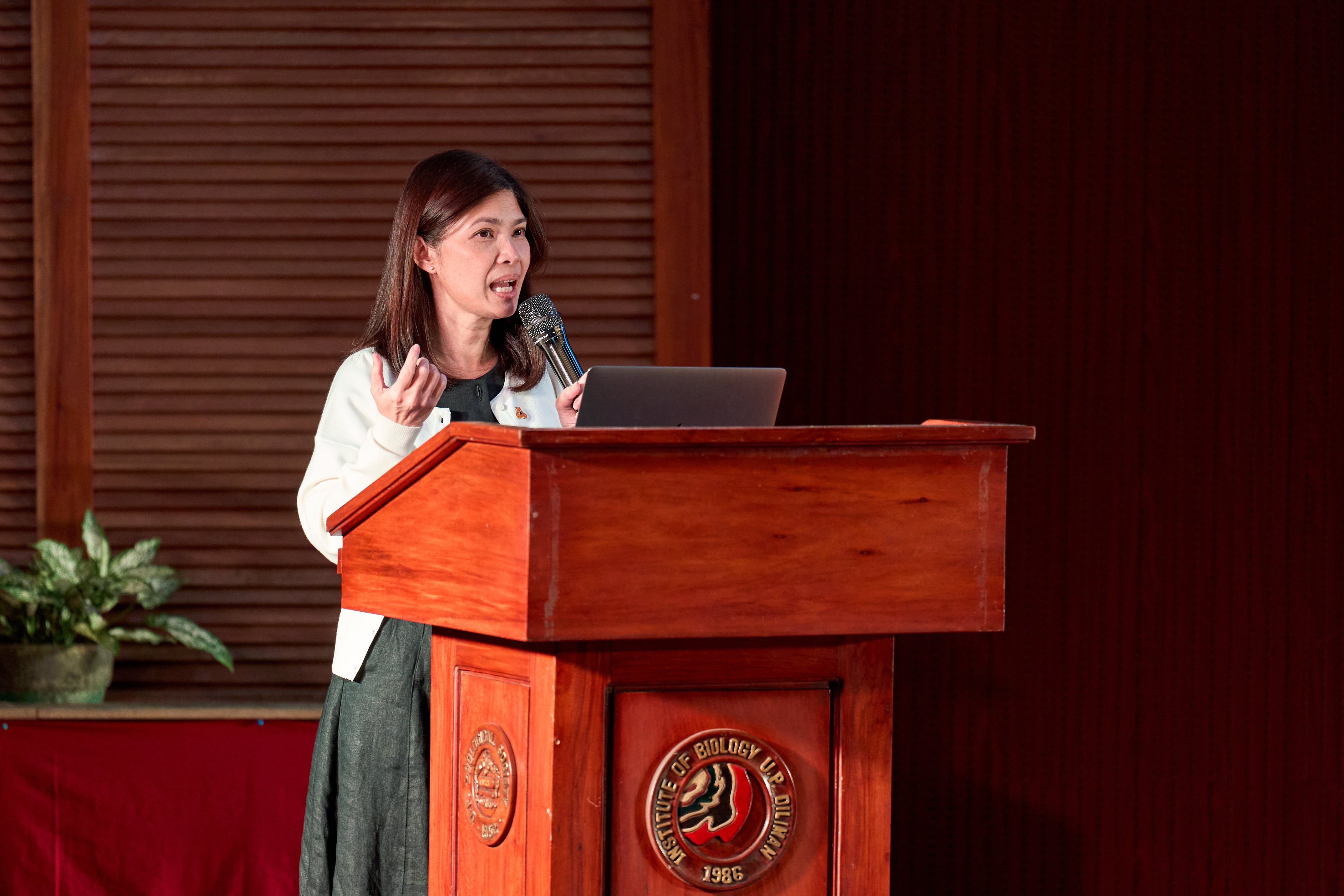ACEN, AboitizPower push for renewable energy at MB Sustainability Forum 2024
Sparking sustainable solutions in the energy sector
By Mat Richter
In a hopeful projection for 2030, the International Energy Agency predicts global renewable electricity generation will increase by 90 percent from 2023. Britain's last coal-fired power plant has also shut down, concluding 142 years of coal reliance that sparked the fossil-fuel-hungry Industrial Revolution.
Meanwhile, climate summit COP28 hinted at the “beginning of the end” of global fossil fuel dependence. Despite these plans and progress, there’s no denying time is slipping away, and we have to work urgently and collectively to make RE widespread and more accessible.
Ayala’s ACEN and AboitizPower are contributing to these goals as they helped push the use of renewable power at the recent Manila Bulletin Sustainability Forum 2024, where key leaders convened to champion sustainable development.
Charging the future

Ayala’s ACEN started its renewable investment with a 50 percent equity in a 33-megawatt wind farm in Ilocos Norte in 2011. During the forum, it signaled potentially funding the retirement of the coal plant “earlier than it’s operating now” by working with the Monetary Authority of Singapore and envisioning how it could use its net-zero credits.
“As we navigate this challenge, the Asian Development Bank introduced the concept of early coal retirement via the Energy Transition Mechanism, which is a low-cost, purpose-driven financing on the debt and equity side to take out coal plants from asset owners and commit to repair the coal plant earlier than its technical life,” said Irene Maranan, ACEN SVP and head of corporate communications and sustainability.
According to ACEN, it has 6.8 gigawatts of renewable capacity in operations under construction and signed agreements or bond vendors, with solar and wind sources leading. It seeks to grow its capacity to 20 GW by 2030 and achieve net-zero emissions by 2050.
“The last coal asset that we had remaining in our portfolio was divested in 2022, when closed the first market-based energy transition mechanism. This entailed the early closure of our 246 megawatts SLTEC coal plant located in Calaca, Batangas,” she added.
In 2021, the company started the construction of its 283 MW solar farm in San Marcelino, Zambales to accelerate its renewables' growth to 1100 MW of installed capacity.
Renewable? Achievable!

AboitizPower aims to add 3,700 megawatts to its RE portfolio to move toward 4,600 MW of clean energy in a balanced mix of sources. It plans to achieve a 35 percent RE share in the country’s power generation mix by 2030 and 50 percent by 2040.
“Our priority lies in engaging with communities and working with our hosts to mitigate the impact of our operations. The trust of the communities we serve is vital to achieving long-term sustainability,” said Ronald "Suiee" Suarez, VP for corporate communications at AboitizPower.
In the forum, Suarez said they provide "one out of every five megawatts of installed capacity in the Philippines," and with their partners, they account for “the country's largest installed renewable energy capacity.”
“We must also confront the reality that the power sector contributes to global greenhouse gas emissions, accounting for about a quarter of the share. Though the contributions of each would greatly vary depending on the country, greenhouse gas emissions seriously threaten our nation,” he expressed.
The speaker highlighted the power of small but collective action to push sustainability in the power sector, advising individuals to unplug outlets and turn off lights when not in use, seek renewable alternatives whenever applicable, and champion causes that support eco-friendly living.
As the largest warming contributors, fossil fuels, are reduced and hopefully phased out soon, we move toward a sustainable planet where resources can still be enjoyed in the decades. Industries following suit will help advance this cause, with governments needing to provide a just transition for all but especially climate-vulnerable sectors. After all, how dare we equate industrialization with progress when the very home we live in is at stake?